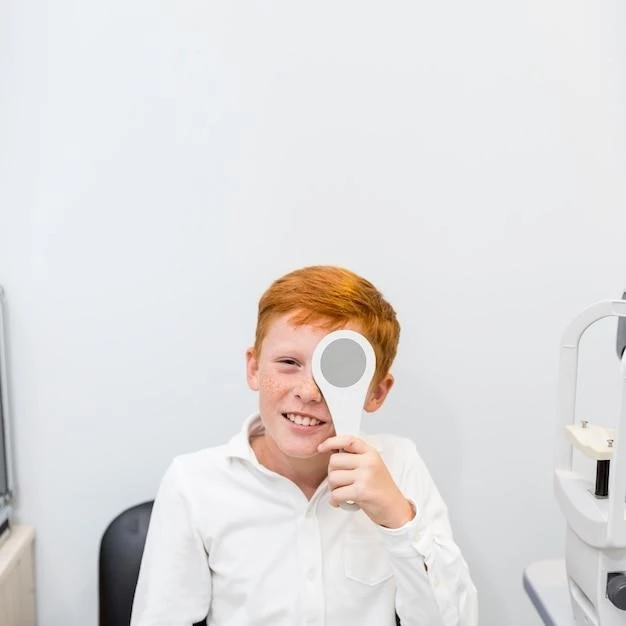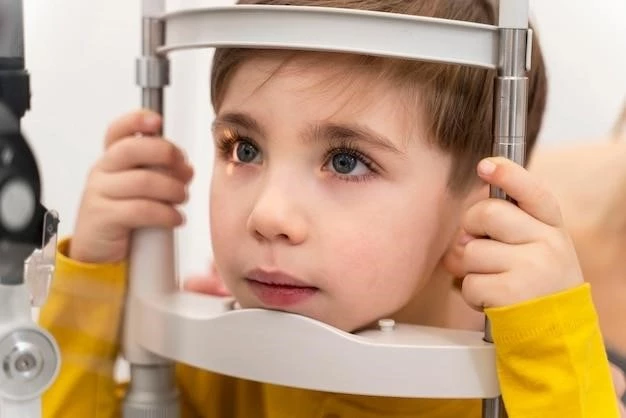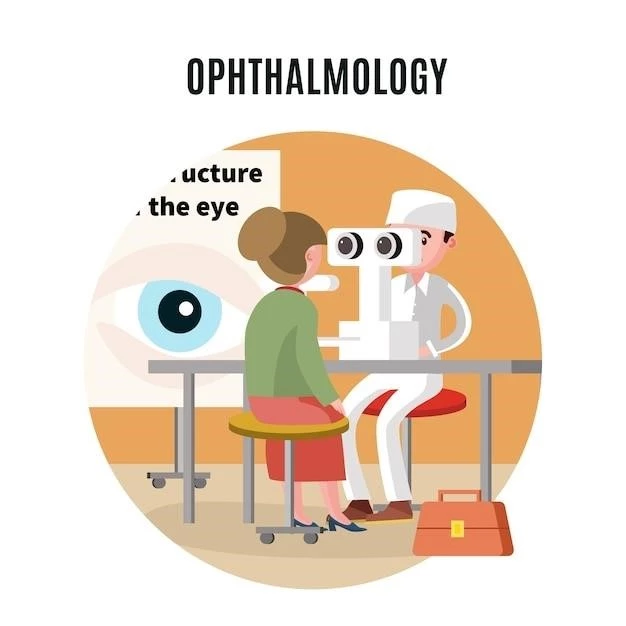Introduction to Ophthalmoplegia ataxia hypoacusis
Disease⁚ Ophthalmoplegia ataxia hypoacusis is a rare condition characterized by a combination of symptoms affecting vision, balance, and hearing․
Ophthalmoplegia ataxia hypoacusis is a rare condition characterized by a combination of symptoms affecting vision, balance, and hearing․ It can manifest with bilateral optic atrophy, nystagmus, gait ataxia, and sensory neural deafness․ The disease can progress over time, impacting muscle coordination and reflexes․ Understanding the various manifestations and possible genetic factors associated with the disorder is crucial for proper management and support․
Overview of the Disease
Ophthalmoplegia ataxia hypoacusis is a rare condition characterized by a combination of symptoms affecting vision, balance, and hearing․ The disease can present with optic atrophy, nystagmus, and gait ataxia, impacting daily activities and quality of life․
Signs and Symptoms
Ophthalmoplegia ataxia hypoacusis presents with various signs including bilateral optic atrophy, nystagmus, gait ataxia, progressing hearing loss, neurodegenerative symptoms, and possible muscle coordination impairments․ It’s important to recognize these manifestations early for timely intervention․

Diagnosis and Differential Diagnosis
Diagnosing Ophthalmoplegia ataxia hypoacusis involves recognizing a combination of symptoms like optic atrophy, nystagmus, gait ataxia, and hearing loss․ Differential diagnoses may include conditions affecting vision, balance, and auditory functions, requiring thorough evaluation to determine the underlying cause․
Evaluating Ophthalmoplegia ataxia hypoacusis
Recognizing the constellation of symptoms, including optic atrophy, nystagmus, ataxia, and hearing loss, is crucial for diagnosing Ophthalmoplegia ataxia hypoacusis․ Diagnostic tests may involve neuroimaging, auditory assessments, genetic testing, and ophthalmologic evaluations to confirm the condition and differentiate it from other similar disorders․
Treatment and Management
Seeking early intervention from healthcare professionals specializing in neurology and ophthalmology is crucial for developing a personalized treatment plan․ Management may involve symptom control, physical therapy, assistive devices, genetic counseling, and ongoing support to address the diverse challenges associated with Ophthalmoplegia ataxia hypoacusis․
Approaches to Addressing Ophthalmoplegia ataxia hypoacusis
Approaches to managing Ophthalmoplegia ataxia hypoacusis focus on symptom control, physical therapy to address gait ataxia, visual aids for optic atrophy, hearing devices for hypoacusis, and genetic counseling to understand the condition’s progression․ Collaboration with specialists and support networks can help improve quality of life and navigate the challenges associated with this complex disorder․

Research and Ongoing Studies
Exploring the genetic underpinnings and potential links to neurodegeneration in Ophthalmoplegia ataxia hypoacusis is a focus of current research․ Ongoing studies aim to elucidate the disease mechanisms, improve diagnostic tools, and develop targeted treatment strategies for better management of this complex condition․
Advancements in Understanding Ophthalmoplegia ataxia hypoacusis
Recent research has shed light on the genetic basis and neurodegenerative components of Ophthalmoplegia ataxia hypoacusis․ Studies focus on elucidating disease mechanisms, enhancing diagnostic capabilities, and refining treatment modalities to improve the management of this multifaceted condition․
Support and Resources
Accessing support and resources from organizations like the National Ataxia Foundation can provide valuable information, assistance, and a supportive community for individuals and families affected by Ophthalmoplegia ataxia hypoacusis․ Seeking guidance from medical professionals and joining relevant support groups can help navigate the challenges associated with this complex condition․
Organizations and Platforms for Ophthalmoplegia ataxia hypoacusis
The National Ataxia Foundation plays a vital role in supporting individuals and families impacted by Ataxia-related conditions, providing resources, connecting individuals with specialists, and fostering a community for sharing experiences and knowledge related to Ophthalmoplegia ataxia hypoacusis․
